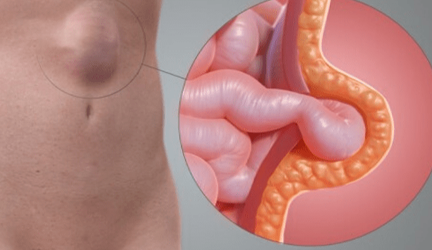- Timing: 24/7 Avaiable
- Call us: +91 9637257670 , +91 9518519369
- Timing: 8:30 am to 6:00 pm
- Call us: +91 9822827576
Call us: +91 9370881414

Hernia surgery is a common surgical procedure to repair hernias, which occur when an organ or tissue protrudes through a weak spot in the surrounding muscle or tissue. There are different types of hernias based on where they occur in the body, and the surgery to treat them may vary accordingly.